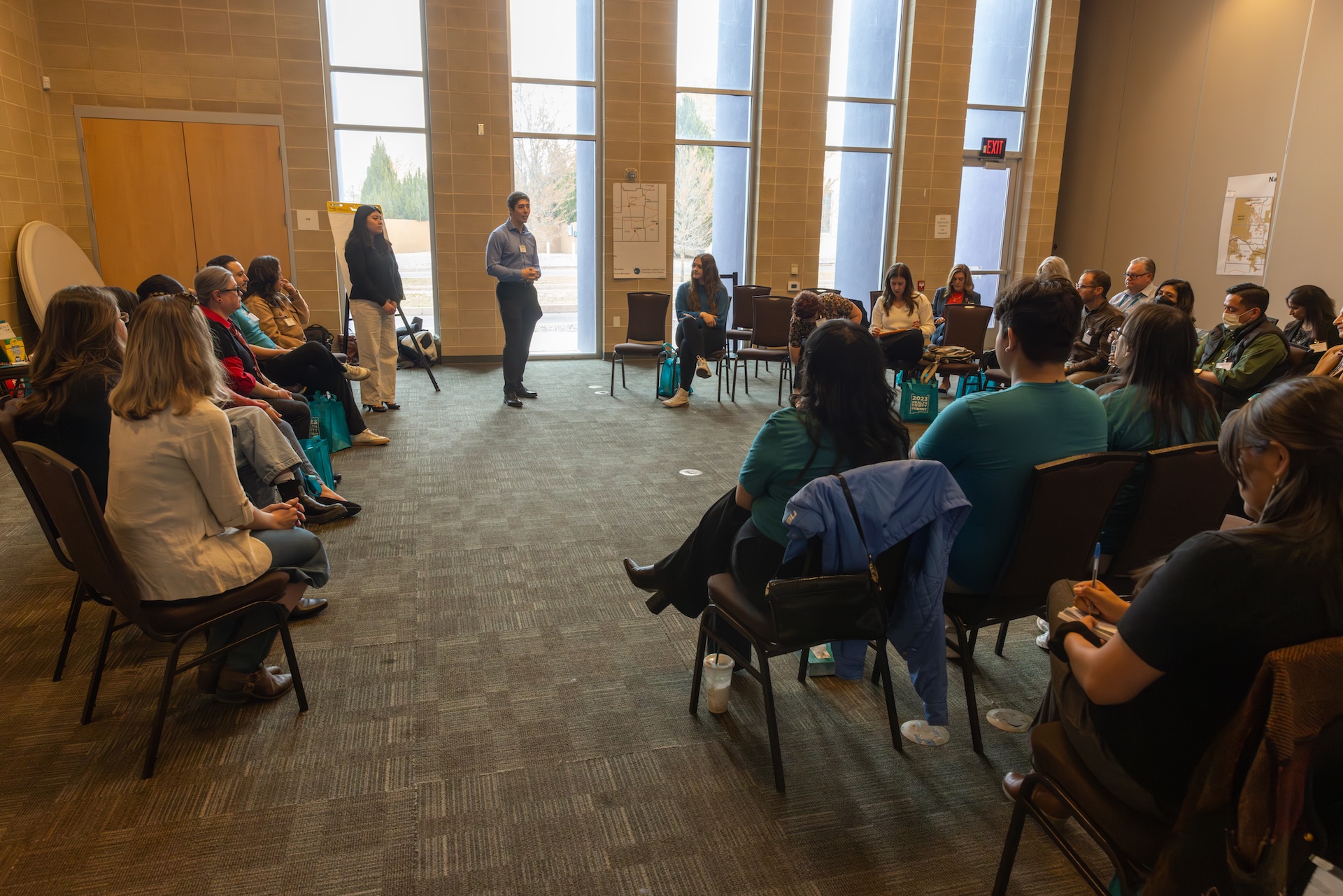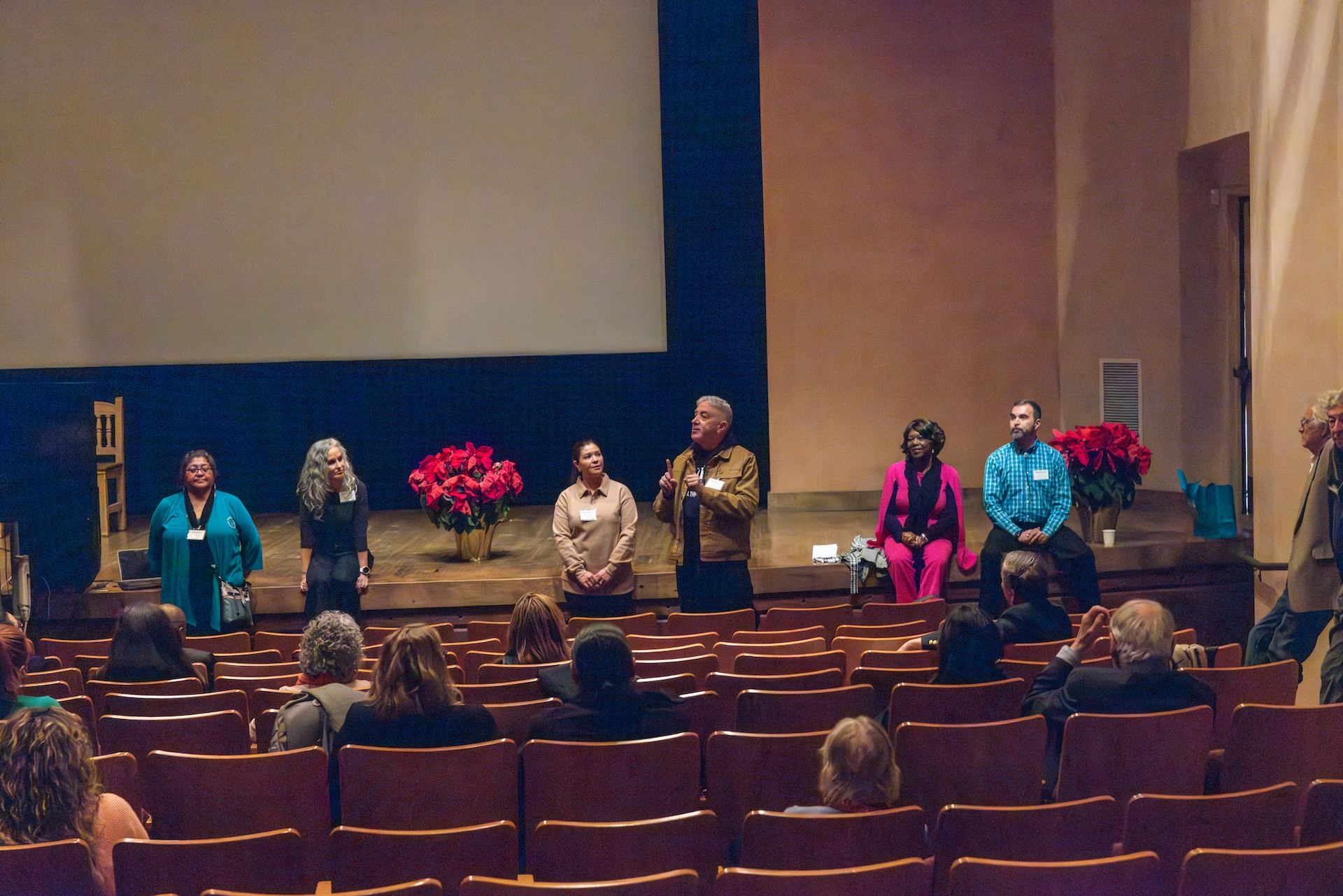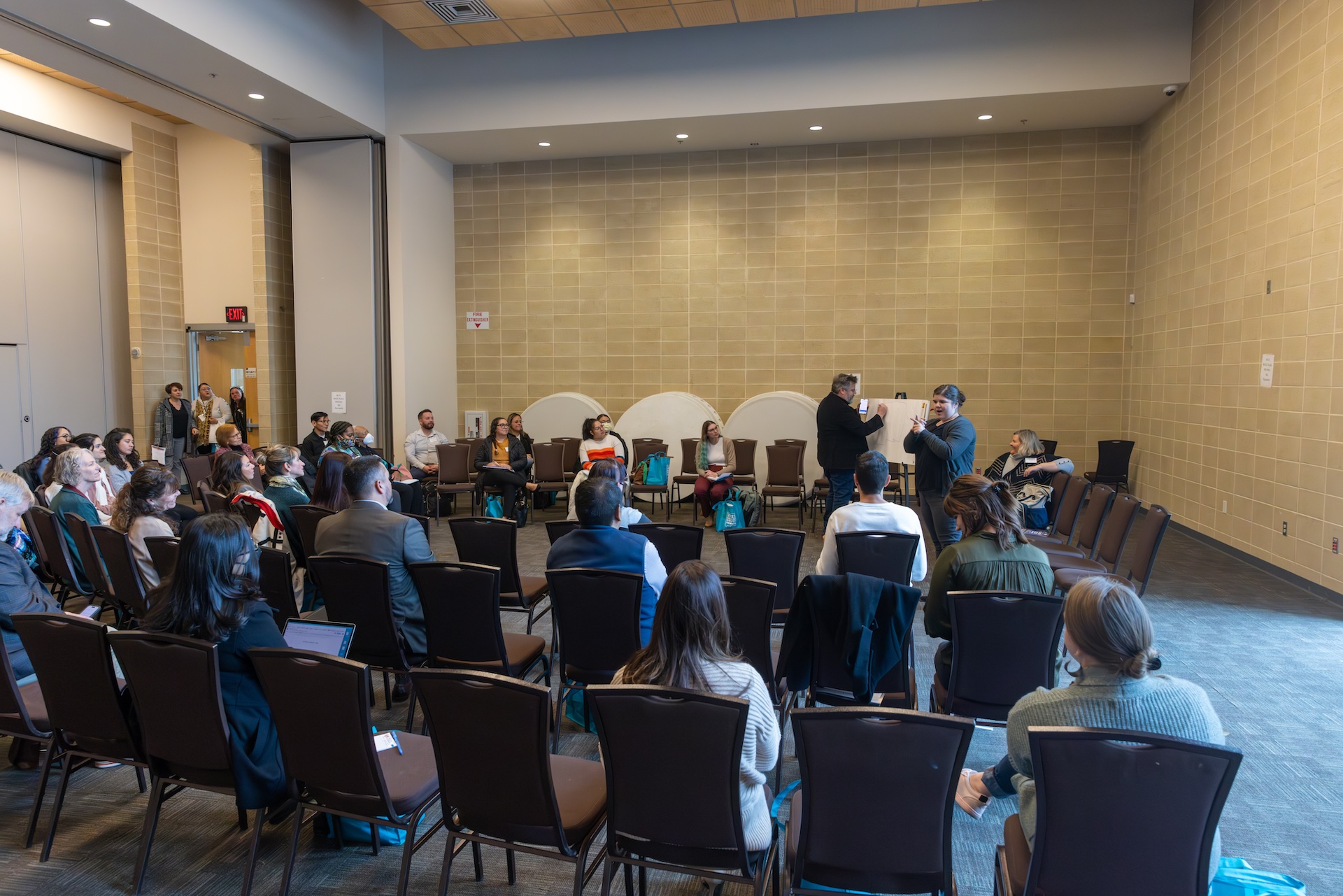Visiting Professorship - The UNM College of Nursing Invites an Expert in Diversity
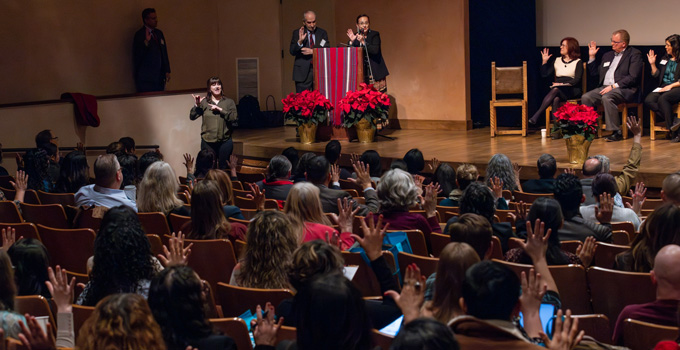
UNM Leads the Path to Health Equity
According to the 2023 Annual Report of “America’s Health Rankings,” 11 percent of New Mexico’s families have food insecurities, 25 percent have experienced adverse childhood experiences, and 16 percent report extreme mental distress. Additionally, firearm deaths are up by 21 percent placing New Mexico in 43rd place for overall health nationwide.
To add to that, the results of a 2023 statewide study show 62 percent of New Mexico college students are housing insecure, 14 percent are homeless and 58 percent do not know where their next meal will come from. Meanwhile, 25 percent of New Mexico counties have no hospital-based maternity services, and since 2010, six hospitals have closed maternity care services.
At first glance, one might struggle to draw a connection between these statistics, but they are all examples of health inequity. This is defined by the National Institutes of Health as “systematic differences in the opportunities groups have to achieve optimal health, leading to unfair and avoidable differences in health outcomes.”
Barriers to housing, food, transportation, and medical services are only a few of the reasons why nearly 300 stakeholders from across New Mexico gathered at the National Hispanic Cultural Center for The University of New Mexico’s 2nd Annual Health Equity Summit.
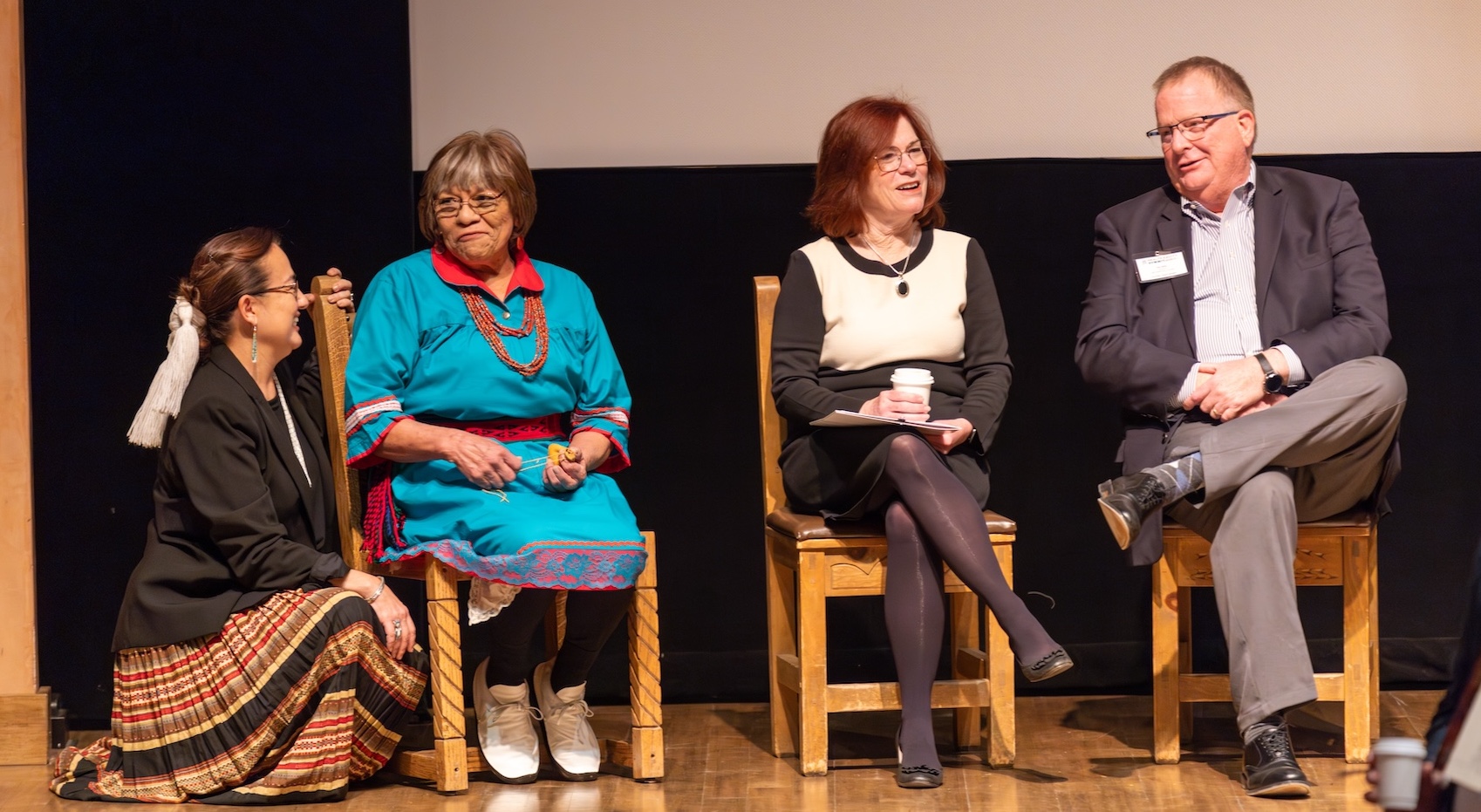
“I’m impressed with how far people have come from the four corners of the state,” said Arthur Kaufman, MD, the Vice President of Community Health at The University of New Mexico. “That means a lot to us because this is meant to listen to our communities.”
The dialogues were jointly led by UNM faculty and leaders, officials with the New Mexico Dept. of Health, non-profits, and community leaders from all around the state. The collection of statewide voices representing a large cross section of services and health care created an agenda together that will help guide a framework of addressing New Mexico’s health inequity.
“This goal guides everything that we do, from how we recruit and welcome students into the system and provide critical support, to how we deliver our education and training, and it informs how we serve all communities and all citizens, regardless of their geographic location, economic status, or ethnicity,” said UNM President Garnett Stokes, PhD.
She said UNM Health and Health Sciences is delivering on those obligations with its recent partnership between UNM Hospital and Bernalillo County to provide medical, dental and behavioral health support to those incarcerated at the Metropolitan Detention Center.
“That is the very essence of the kind of compassionate care we strive to do so well,” Stokes said. “Earlier this year, we successfully implemented a new health equity PhD program to cultivate the leaders and advocates who will work with us to break down barriers to access health care.”
The UNM Board of Regents also approved a legislative request for $5.6 million for health equity, to help speed the growth of New Mexico’s health care workforce, she said.
Doug Ziedonis, MD, MPH, the Executive Vice President of UNM Health Sciences & the CEO of the UNM Health System, announced his commitment of $1 million to create an Office of Health Equity that will have a center for Hispanic health and a center for rural health.
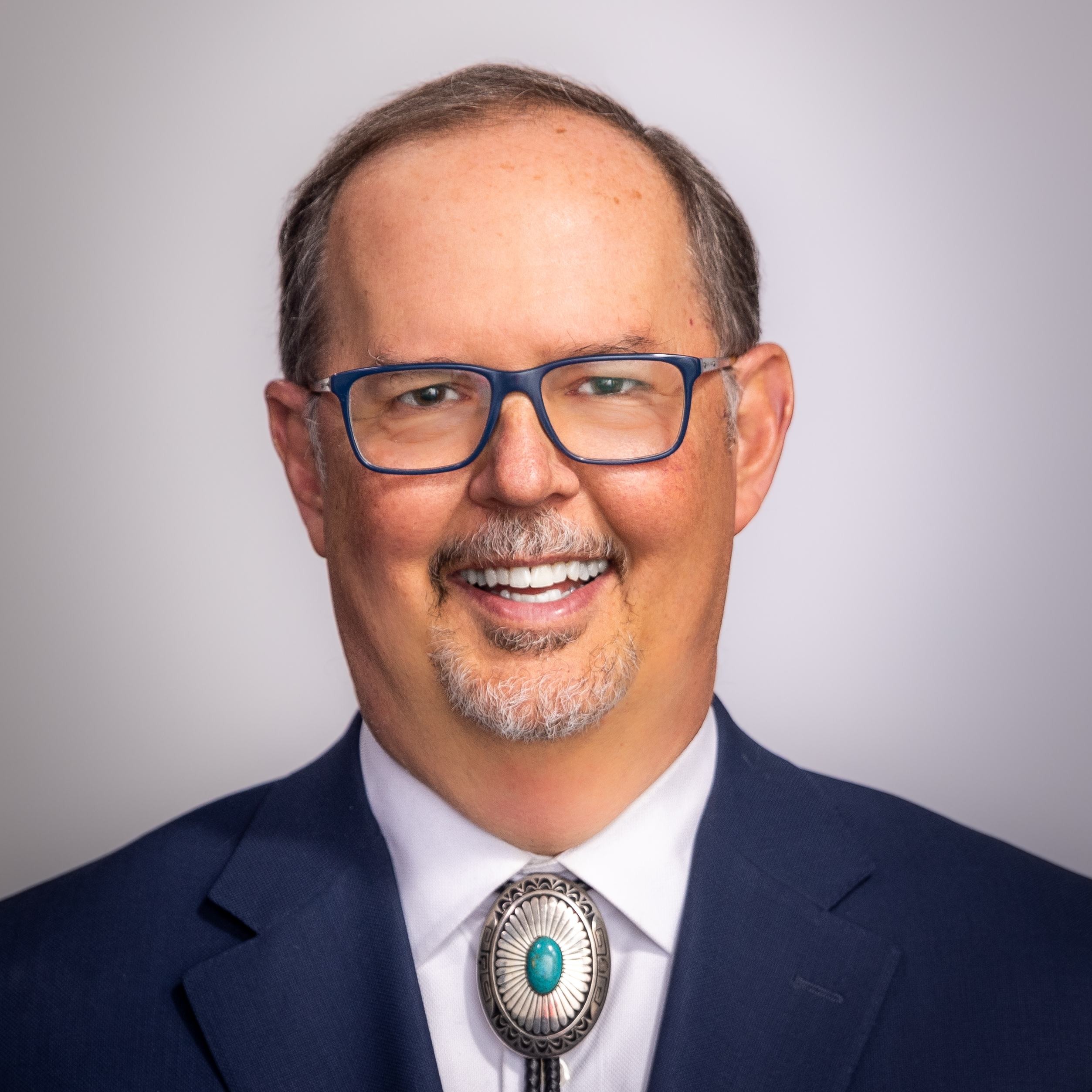
“We will unite our vision, voices and relationships to strengthen collaborative partnerships and sustain our cultural practices, values and beliefs for our next generation.”
Every leader who took the stage highlighted advancements toward equitable health, but also recognized the overwhelming amount of work left to be done.
“We know that these efforts alone will not resolve all of the challenges we face, especially in a state with a vast population of rural and underserved residents,” Stokes said.
Over the course of six hours, summit participants broke up into small groups and attended a series of interactive, discussion-driven classes. Groups were made up of students, concerned community members, health care workers and health care leaders. In courses that covered everything from housing and food insecurity among college students, to perinatal health and birthing in New Mexico, and community resources for Native American and Alaskan Native elders, they each shared their thoughts, experiences, and ideas for improvement.
At the end of the summit, everyone came back together to share what they learned and what they think should change moving forward.
“We will unite our vision, voices and relationships to strengthen collaborative partnerships and sustain our cultural practices, values and beliefs for our next generation,” Ziedonis said. “We promise to teach the next generation and our communities about the history of inequity and resistance, and how to be leaders that interpret narratives and policies that are rooted in racism and oppression. These principles are imperative to expanding knowledge, increasing our collective critical consciousness and moving towards sustainable change that advances health equity for all.”
Click here to learn more about the UNM Health Equity Summit purpose, goals, and how you can support equitable health care in New Mexico.
